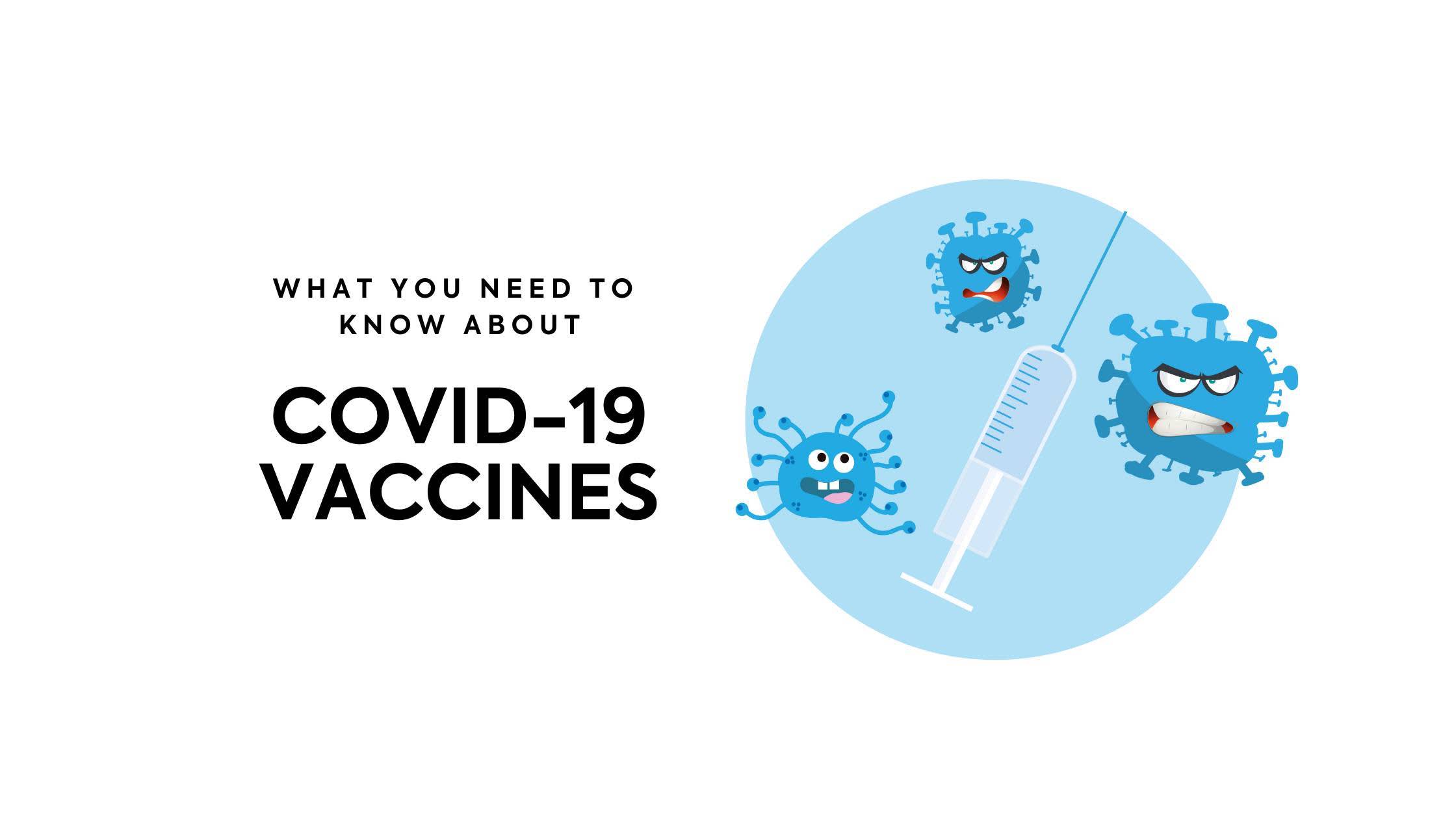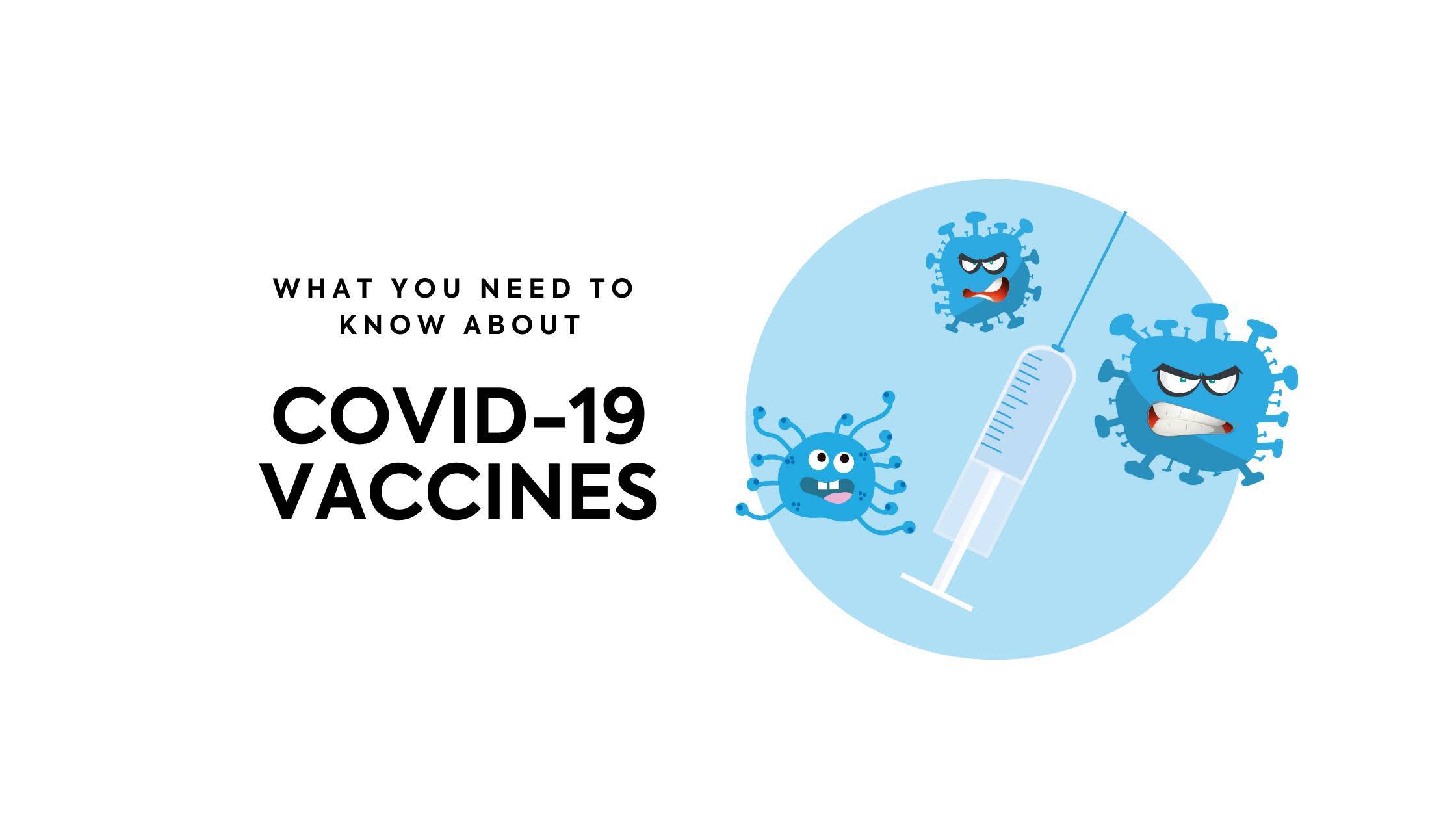
What You Need To Know About The Covid-19 Vaccines

By Urban Company
4 min read
Apr 24, 2021
The best vaccine right now is the one that you are offered as all vaccines protect 100% against severe disease & hospitalisation. Hence, DO NOT wait to choose a specific ...


Hence, DO NOT wait to choose a specific one and take whichever one you can get at the earliest.
I. Covid-19 vaccines have proven 100% efficacy against severe hospitalisation & death
•
Covaxin:
Interim results from Phase 3 trials of Covaxin
— announced by vaccine manufacturing company Bharat Biotech, and medical research body ICMR — demonstrated an efficacy of 78% against mild & moderate COVID-19 disease, and an efficacy of 100% against severe Covid-19 disease, with an impact on reduction in hospitalisations.
•
Covishield:
Primary analysis of Phase 3 trials of AstraZeneca (used to develop India’s Covishield by Serum Institute of India)
— announced by UK pharmaceutical company AstraZeneca, and the research body of Oxford University — demonstrated an efficacy of 76% against mild & moderate Covid-19 disease, and an efficacy of 100% against severe or critical disease & hospitalisation.
What does this mean?
• Efficacy is a percentage measurement of how much a vaccine lowers the risk of a disease in a person during a clinical trial.
• It is different from vaccine effectiveness, which means how well a vaccine works when given to people outside of clinical trials.
•
If a vaccine has an efficacy of 78%
, it means a person who received a Covid-19 vaccine will have
78% less chance of getting Covid-19
vs a person who has not received the vaccine.
• It
does not
mean that 78% of people will not get Covid-19 and 22% will get the disease.
It is important to remember that a vaccine may not prevent any infection at all but it does remove the ability of the virus to cause serious hospitalisation & death.
II. Why you should trust the Covid-19 vaccines when vaccines usually take years to develop.
Here’s why you shouldn’t worry and why the vaccines are safe, validated & not rushed:
1.
Well-funded research & trials:
Governments & companies across the world had promptly pumped in & released a lot of money to fund research & clinical trials of the vaccine. This enabled quicker execution.
2.
Shorter trial periods:
Since the pandemic is ongoing and prevalent across the world, there were enough people who were infected and who could enrol for the trials as compared to trials for other diseases where it takes years for people to be affected and where the observation periods, as a result, are longer as well.
3.
Pre-existing research:
Before SARS-CoV-2, there was already prevailing research on similar coronaviruses called SARS and MERS. This gave scientists a head-start.
4.
Pre-existing technology:
Both mRNA and adenovirus technologies behind the Covid-19 vaccines have been used in humans for decades now, and have been built on decades of research. So, the scientists were not starting from scratch.
5.
Quicker reviews:
Regulatory agencies across the world prioritised Covid studies and committee hearings and reviewed data as soon as it would come, without shortcuts, bringing in additional staff to process the same. All vaccines have undergone 3 phases of clinical trials before being authorised for emergency use.
Covid-19 vaccines are safe, validated, not rushed and cannot be compared to the development of vaccines for previous diseases like measles, polio, chicken pox etc. The speed of Covid-19 vaccine development is the result of ample resources, funds, public support, existing technology & enough infected participants — something that is not true in the case of the development of previous and other vaccines.
III. What to expect after getting your 1st & 2nd dose of vaccine
a. Side-effects:
According to the
Ministry of Health & Family Welfare (MoHFW), side-effects associated with Covishield may include injection site tenderness or pain, headache, fatigue, myalgia, malaise, pyrexia, chills and arthralgia, nausea. While the side-effects associated with Covaxin may include injection site pain, headache, fatigue, fever, body ache, abdominal pain, nausea and vomiting, dizziness-giddiness, tremor, sweating, cold, cough and injection site swelling.
• These side-effects should go away in a few days and you can take a Paracetamol to alleviate the symptoms, according to the MoHFW.
• However, you must get the second dose even if you experience these side-effects from the first shot, unless a vaccination provider or your doctor advises you otherwise.
b. Shouldn’t I worry if I experience side-effects?
• Side-effects are a possibility with any vaccine and are nothing to fear. These are basically the result of our own immune system kicking in and creating antibodies to fight the virus.
• In fact, even vaccines you’ve taken before — like for chicken pox, measles, polio, hepatitis etc. — are all followed with side-effects like muscle pain, fever, pink eye, fatigue, mild rash etc.
• The chances of side effects having a major impact on your health are far far lower than the chances of you getting severely ill from Covid-19.
c. Precautions to take between & after getting your vaccine shots:
• The vaccination will take 2-3 weeks after completion of the entire vaccination schedule i.e., after the second dose of Covishield or Covaxin to create an adequate immune response.
• However, continue to wear masks, maintain social distancing and upkeep all levels of sanitisation to protect yourself whether you have received just 1 dose or both doses of the vaccine.
• Avoid alcohol for at least a couple of weeks as consumption of alcohol slows down the process of the immune response.
Register for your Covid-19 vaccination on the
Arogya Setu app
or on the
CoWin platform
, from April 28, 2021 onwards.
Have more questions? Here is a list of
FAQs on the MOHFW website
that should help answer your questions around getting vaccinated.



